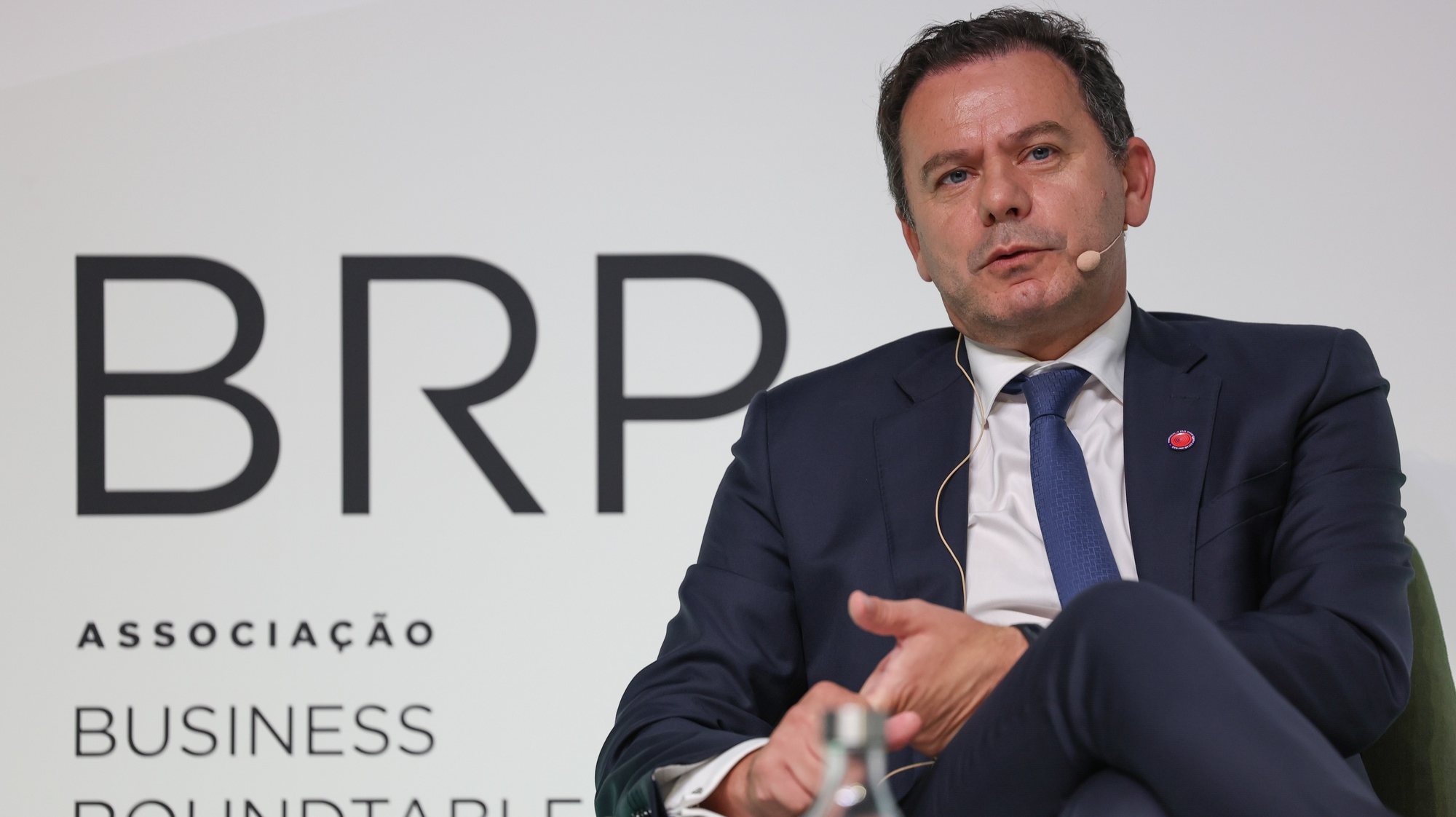The Prime Minister defended on Wednesday that Portugal has to take risks with a fiscal policy that is an instrument at the service of the economy, and said that it does not matter to him if the results are only felt in “10 or 15 years.”
Luis Montenegro participated this Wednesday in a conversation with two qualified Portuguese emigrants, within the framework of the day Business conference Portugal 2024 “Portugal: the country where you want to be”, in NOVA School of Business and Economics, in Carcavelos.
Both Rosália Pena, a doctor in Switzerland, and Pedro Lourenço, a data analyst in the United Kingdom, He praised the academic training they received in Portugal, but showed no desire to return, admitting that the tax issue may be an important point, but not the essential one, arguing that the country needs to value merit and success more.
In a conversation moderated by journalist Ricardo Costa, Montenegro was asked how he can, through taxes, attract qualified young professionals, while keeping the country’s budgetary path balanced.
“The term fiscal shock is taboo in Portugal, I will never speak about it,” the Prime Minister began by saying, although he defended the need to take risks in this area.
“For me, for the Government, taxation is first an instrument of economic policy and second, of social policy. Instead of what it was in the last 20 or 30 years, when it was simply an instrument of financial policy,” he said.
In recent years, he said, “taxes and fiscal trajectories were defined whose sole objective was to collect guaranteed income to achieve a balanced budget.”
“We must have courage, not provoke a shock that is poorly perceived, hence the complex with the expression taboo, we must take risks,” he said, reiterating that the priority of the PSD/CDS-PP executive is to reduce taxes on work “across the board” and not only for the most disadvantaged classes.
The Prime Minister argued that It is possible to make this reduction in IRS, with special emphasis on young people up to 35 years of age. — and at the same time the IRC “does not foresee any financial problems, but stimulates the economy” by increasing the tax base for all taxes.
“Instead of starting to think about what the State needs in terms of tax revenue, we have to think about what is best for us to have a stronger economy and more productive workers and thus we will have healthy finances,” he said, also highlighting the Government’s proposal to exempt, with limits, productivity and performance bonuses.
Montenegro admitted that it would exchange the decrease in remittances from emigrants – which last year reached four billion euros – “for an increase in investment that would lead to an increase in the retention and use of talent” in Portugal.
“We have to look at the medium and long term. I am well aware that what I can do in this Government in the coming years will not be the result of a result that I myself will enjoy while I am in office. I do not care at all, I will be very satisfied with myself even if the result of these policies is revealed in 10 or 15 years,” he said.
Admitting that not all qualified young people who emigrated will have the desire or vocation to return, Montenegro asked them to, “with their good example”, act as “a kind of ambassador” of Portugal abroad, helping to open doors to national companies in the countries where they reside or to bring foreign investment to the country.
“A society that is not capable of reciprocating effort, merit and excellence is a society that will become impoverished, and that is what has happened in recent years,” he said.
Source: Observadora
